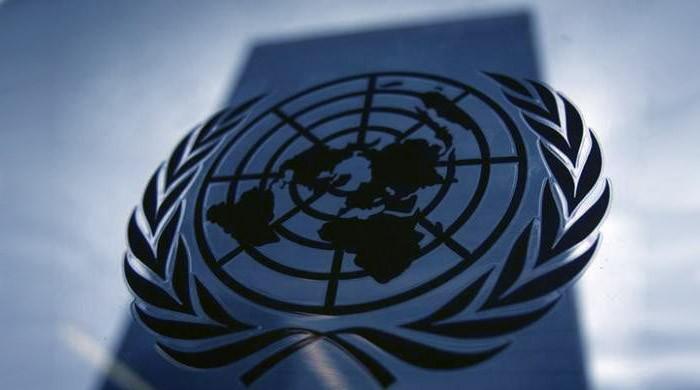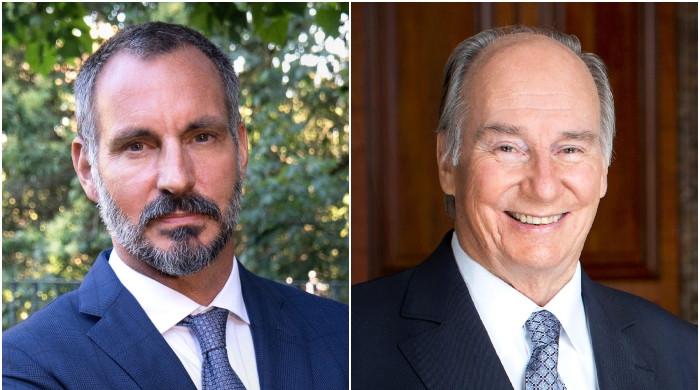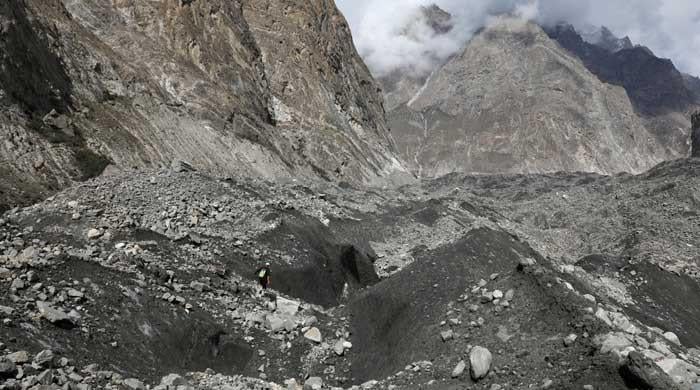Human Rights: Why Is Pakistan Shying Away From Signing The UN’s Optional Protocols?
In the first half of 2010, after much delay, the Pakistan People’s Party-led government signed and ratified two key international treaties of the United Nations - namely the International...
May 13, 2017

In the first half of 2010, after much delay, the Pakistan People’s Party-led government signed and ratified two key international treaties of the United Nations - namely the International Covenant on Civil and Political Rights (ICCPR) and the Convention Against Torture and other Cruel, Inhuman or Degrading Treatment (CAT).
Both treaties, which ensure basic human rights, were formulated in 1966 and 1986. Yet, they caught Pakistan’s attention only recently, after its human rights abuses against minorities and women, grabbed headlines and in turn compromised its international standing.
The binding treaties restrict curbs on free speech; prevent torture, imposes responsibilities and obligations on states to ensure core human rights are protected.
This was a cause for much celebration. But hold off on them for now. Pakistan has still not ratified the first optional protocol to the International Covenant on Civil and Political Rights (ICCPR).
Why is it important? Well, the optional protocols are additional agreements to the human rights treaties. It allows individuals to seek international remedies after they have exhausted all domestic options.
In other words, if you are not provided justice at home, you can take your case to an international court.
By signing the first optional protocol, Pakistani citizens will have the option of filing a complaint against their government. The UN, on its official UN Women’s website, describes optional protocol as “an inquiry procedure, as well as a complaints procedure. An inquiry procedure enables the UN Committee to conduct inquiries into serious and systematic abuses of women's human rights in countries that become states parties to the Optional Protocol.”
There are 114 signatories of the Optional Protocol, including Austria, Turkey, Swede, France, Germany and Hungary.
With the appalling and horrific conditions of this country’s justice systems and the imbalance in power play, we, as Pakistanis, should have the option to send a communication to the UN to hold the state accountable.
For now, families who are denied justice are forced to move from one courtroom to the next to be heard. Religious and ethical minorities, as well as women, face grave injustices at the hand of stronger groups and patriarchy.
Zubeida Mustafa, in an article published in the daily Dawn, argues that although there are some external pressures on the government to sign these protocols, these have so far been dodged by playing the ‘un-Islamic’ and ‘against the ideology of Pakistan’ cards. If a state agrees to an international law, it is then duty bound to ensure that domestic legislation is altered or modified to match international standards.
People here are unaware of their domestic rights. It is unrealistic to think that they have a satisfactory grasp and understanding of the UN treaties. Thus, we as well-informed and aware citizens need to take it upon ourselves to spread the knowledge and do our part in pressuring our government to sign and ratify these protocols.
Tauseef is studying law at the Lahore University of Management Sciences. She be reached at [email protected]











